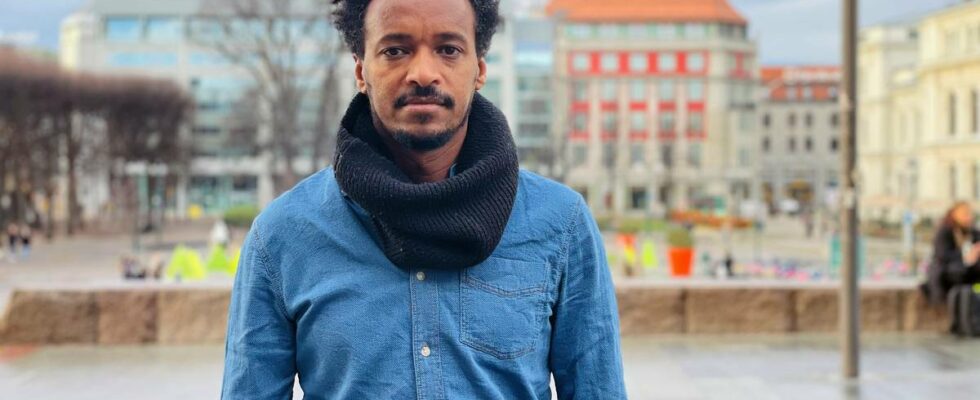We have seen a worrying increase in the number of young people who become involved in criminal gangs in Norway, particularly in the larger cities. The debate about this seems to create more fear than security in society. The measures that are proposed often come from politicians who seem uncertain when dealing with young people. They do not have sufficient knowledge of the fundamental reasons that lead young people to the streets. The needs of young people We, who work with young people on a daily basis, know that it is often easier for them to succeed in the criminal environment than to live up to society’s expectations. The criminal networks seem to understand the needs of young people. The needs satisfied through crime are not just fast cars or the illusion of easy money. It is about the young people’s emotional needs: coping, excitement, protection, belonging, community, recognition and status. To us, the criminal networks appear as scary and dangerous, but we overlook that they also offer warmth, loyalty and trust. Criminal acts can create a strong sense of unity, which we may not understand. Ultimately, these are basic human needs that we all have. When society meets young people with prison, surveillance, punishment and more police – a police the young people do not trust – we do not address their needs, but rather society’s need for protection. Prison is not an investment in their future, it is a temporary measure that protects society without solving the underlying problems. For many young people, a prison sentence is only confirmation that they have no value in society. We are far from winning this battle, and the focus is wrong, leading to ineffective measures. Tough and rude We as environmental therapists and parent counselors meet these young people and their families on a daily basis. Many have grown up with major challenges that make them vulnerable to criminal environments. They often have backgrounds that shape them to become what society dislikes. Many come across as tough and rude, with a need to assert themselves and dominate others, which makes it difficult to like them. I work as an environmental therapist with young people from the most vulnerable parts of Oslo. Through assignments from the child protection services in the various districts, I work according to an action plan and a mandate that is tailored to the young people’s needs, often in close collaboration with both the parents and the young people themselves. The follow-up involves systematically being part of the young people’s everyday life, guiding them and being a supporter. Environmental therapeutic work is effective, because it is about more than professional support – it is about meeting the young people as people, giving them a sense of value and belonging. The methods used vary from structured conversations to simple, but important, positive feedback on small, everyday actions that have a big impact. Meeting at eye level A drive with music or a meal at a kebab shop can create a better arena for conversations about everyday life. Then it can be just as much about my everyday life as the youth’s. This is where the secure relationship and social learning takes place. Young people learn through relationships with adults who care about them. Punishment has no feelings, and laws create no human relationships. Time and time again, after a long time of work and a human approach, we have fortunately experienced seeing the child behind the actions we read about, and the needs that lie behind them. By meeting them as people – at eye level – we have uncovered the real needs. When we have been able to meet these needs, we have succeeded. Then we have a platform to help them on a better track. The parents play a decisive role. Many do not need training in general child rearing, but in how to raise children in Norway. Many immigrant parents come from cultures with stricter child-rearing, where the parents’ authority is not challenged. When they encounter a society that places self-determination first, and the young people encounter the freedom and culture of Norwegian society, it can lead to conflicts and misunderstandings that make it difficult for them to adapt their upbringing. Society must provide better support to parents, not punishment. We need to give them the tools they need to raise their children in a new and unfamiliar context, and make sure they feel valued and included. Environmental therapists play an important role in compensating for what the young people may have lacked, or what their parents have not had the opportunity to teach them. Support systems that are tailored to the unique challenges youth and their families face are key to creating a society where they can grow up to be valuable, law-abiding citizens. The fight is not just about removing the young people from the streets, but about building them up to succeed in society. Only then can we ensure lasting solutions to the challenges we face. We need more environmental therapists, committed parents and volunteers on the streets – not more police. We need more sports facilities and leisure clubs, not more prison facilities. It does not mean that we do not need the police, or that we will succeed with all the young people. Even in the best societies, some will fall outside. That is why we need confident politicians who dare to see the needs behind young people’s actions. Only then can they propose measures that actually work. Use the money where it creates lasting change. Send us your opinion Want to write? Feel free to contact us at news Ytring with your post. The guidelines can be found here. Published 18.11.2024, at 08.05
ttn-69
The battle for the young – Statement

